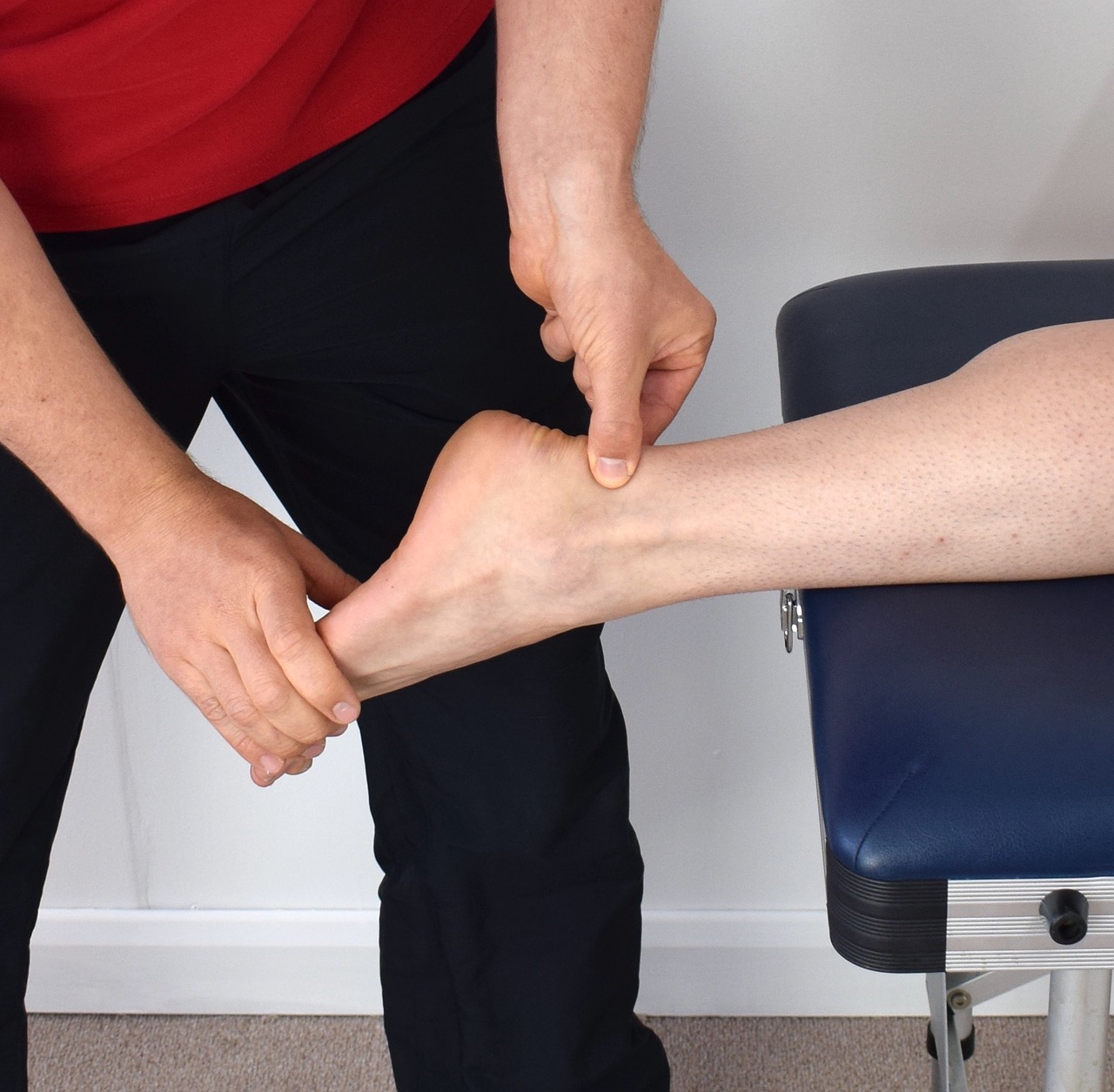How many times have we heard such phrases? ” I love my grandchildren, but since they are here I can no longer have a moment to myself: I have a strict schedule to keep, which involves picking them up from school, taking them to dance, swimming, little parties with their little friends….” In short, abetted by the economic crisis, many parents who have jobs are holding onto them tightly and cannot (nor do they want to)pay their meager salaries to expensive babysitters. There are grandparents anyway, retired and available-actually, happy-to devote themselves to them full time. But is it really like that?
A national convention of CNA Pensioners ( the union promoted by the National Confederation of Craftsmen and Small and Medium Enterprises to protect and safeguard the interests of the elderly) wanted to explore the topic. The event dates back to last summer, but it is worth reporting its findings, which have probably escaped several “exploited grandparents.”
Adult children and the strange perception of exploitation
From the close meeting with participants, the deep need for consideration, and the search for balance, both in the relationship with children and in the relationship with one’s partner emerged. Beyond the objectivity or otherwise of so many claims-as one can read on the Association’s website-one is confronted with a painful, resentful and sad inner experience that needs to be welcomed, understood and processed. Today’s elderly person is aware of the difficulties of today’s society: the stressful job, the lack of time, the thousands of commitments that grandchildren cannot and do not want to escape from (sports, music, friends), but where do his needs go if he is considered only as a grandparent-sitter, then a grandparent-parker, and then again a mere ATM?
Exploitation as a concealed feeling.
The difficulties of adult children are well understood by an aging parent, who, however, often refrains from communicating his or her thoughts or displeasures with respect to perceived inner exploitation, so as not to burden children already “burdened” by society. The perceived, in fact, perception of many parents over 70 is that they are being used by their children for financial interests or, in general, for needs related to the management of grandchildren and care of the children’s family. These feelings initially manifest as acceptance, later turning into annoyance, anger, then resentment and finally resignation. “Most of the time these inner emotional experiences are not communicated to one’s children or, if one does, this is done with little conviction, making one perceive oneself as complaining or uncaring of others’ needs. Failure to exchange results on the one hand in the child’s omertà, which continues in exploitation by pretending nothing happened, and on the other hand instigates in the aging parent the origin of hostile feelings. The ending? A frustrated extended family, which cannot express itself, and which, as always happens when one is compressed, sooner or later may explode, at the wrong time, with misplaced words that provoke offenses, judgments, prejudices and grudges.”
The courage of intergenerational confrontation.
The conclusion? Talk and share your thoughts with your children: making the feeling of “exploitation” known leads to confrontation anyway. And comparison, you know, is always good. In this case, it could serve to allocate rights and duties within the family. And , therefore, determine who should do what, and within what limits.




































































































